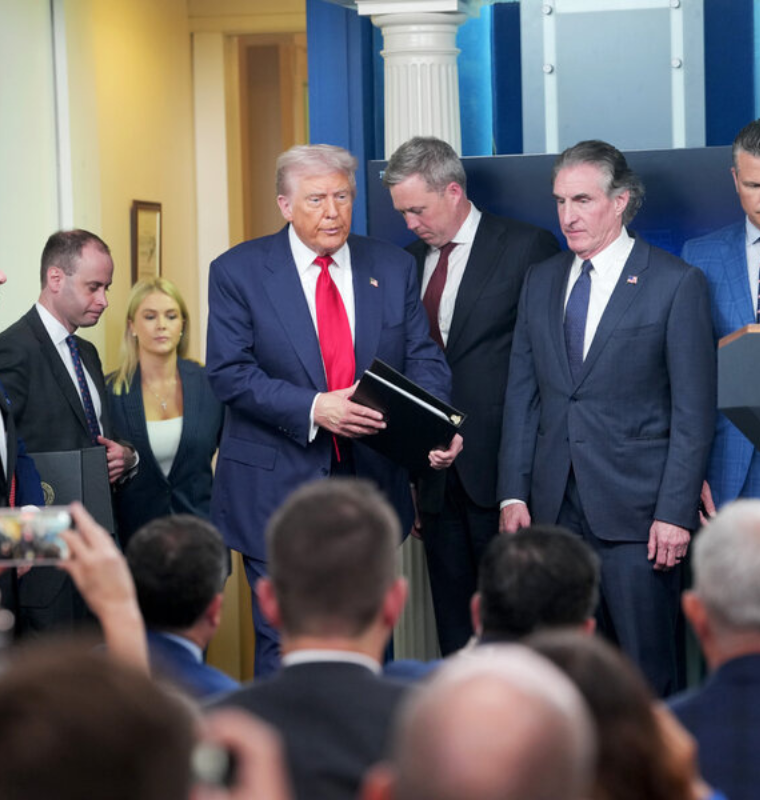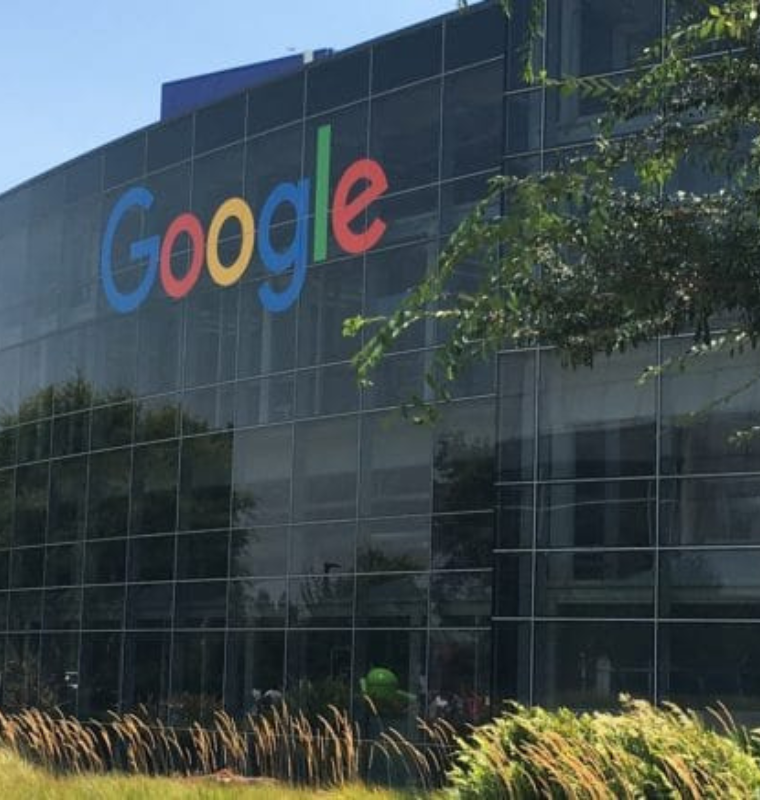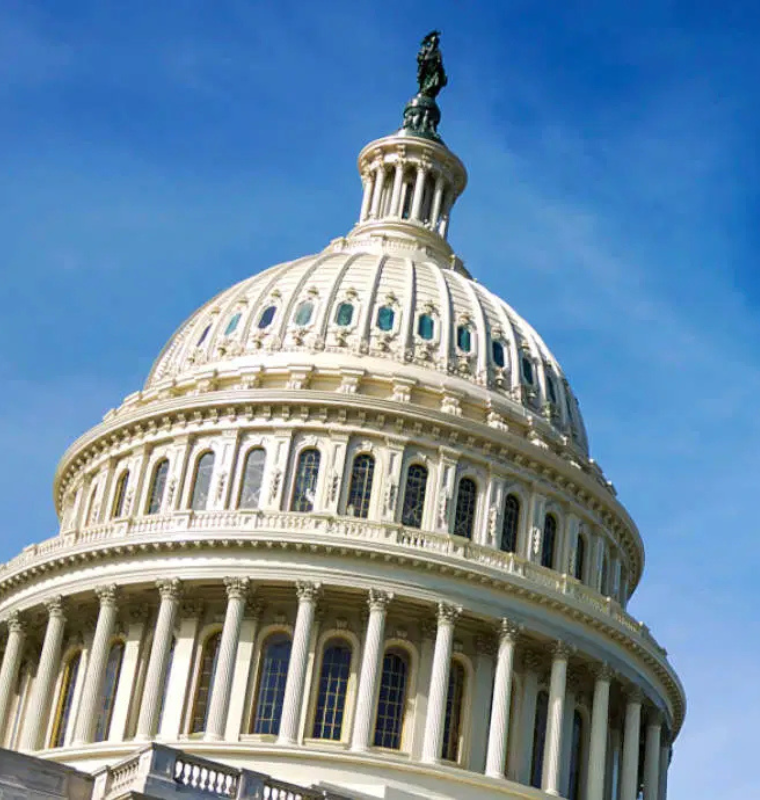Jeffrey Epstein Media Surge: Book Sales and Streaming Spike After Trump Declares Case Closed
Jeffrey Epstein Media Surge: Book Sales and Streaming Spike After Trump Declares Case Closed
By
David Goldfarb
Last updated:
July 21, 2025
First Published:
August 6, 2025

Photo: ABC News
Public Demand for Truth Reignites Jeffrey Epstein Media Boom as Trump Shuts Down Further Investigations
A renewed wave of public interest in Jeffrey Epstein's crimes and possible government ties has triggered a surge in book sales, Netflix views, and YouTube searches—fueled by the Trump administration's recent declaration that the Epstein case is closed.
Despite official attempts to move on, the public clearly isn't done asking questions.
Book Sales Skyrocket: Out-of-Stock Titles and New Print Runs
Julie K. Brown’s investigative book, Perversion of Justice, originally published in 2021, has recently become impossible to find, as print copies have sold out across major retailers like Amazon, Barnes & Noble, and numerous independent bookstores. The publisher, HarperCollins, has confirmed to CNN that the title is entering its third reprint cycle due to “unprecedented demand.”
“I’m told the publisher is printing more copies,” Brown wrote on X (formerly Twitter), responding to readers desperate to get a hold of the book.
Meanwhile, James Patterson’s 2016 best-seller, Filthy Rich, part of his true crime series, has surged up Amazon’s sales rankings. The book served as the basis for the 2020 Netflix docuseries Jeffrey Epstein: Filthy Rich, which is now experiencing a second wave of viewers.
Streaming Explodes After Government Shuts the Door
After the Justice Department and FBI issued a statement on July 17 that they would not release any additional materials from Epstein’s federal probe, digital interest in the case exploded:
- Google searches for “Jeffrey Epstein” spiked in the hours following the government’s announcement.
- Netflix viewership of Filthy Rich increased by a staggering 268% week-over-week, according to Luminate, a streaming data firm.
- YouTube search results for Epstein-related videos uploaded in just the past week showed over 40 individual videos with 1 million+ views each—many of which included commentary on Donald Trump and speculation about suppressed evidence.
Trump’s Legal Actions Fuel the Fire
Rather than calming the narrative, Donald Trump’s reaction has added fuel to the controversy. On Friday, July 19, he filed a libel lawsuit against The Wall Street Journal, objecting to their reporting of a birthday letter allegedly sent from Trump to Epstein, which reportedly included a sketch of a naked woman.
This move drew sharp criticism from media commentators. On CNN’s NewsNight, Kelly Jane Torrance, editor-at-large for the New York Post, called it a classic example of the “Streisand Effect”—referring to how attempts to hide information only increase public curiosity.
“Donald Trump is bringing so much more attention to this story than if he had just ignored it,” she said.
Public Opinion: Americans Want Answers
Despite competing news about inflation, immigration, and foreign policy, recent polling indicates that the American public is still deeply skeptical about the Epstein case:
- A CBS News/YouGov survey reported that a majority of Americans believe the government is withholding key information about Epstein’s connections to high-profile individuals.
- Many respondents also said they believe Epstein’s financial sources and client list should be made public.
Julie K. Brown: Still Chasing the Truth
Journalist Julie K. Brown, whose investigative reporting in The Miami Herald helped reignite public interest in Epstein before his death in 2019, says she’s been busier now than ever.
“I’ve had more source calls and interviews this month than when Epstein died,” she told CNN.
“The real question we still haven’t answered is: Where did his money come from, and who protected him?”
Brown also shared chilling updates from her sources—victims who remain fearful amid the growing silence from U.S. officials.
“They’ve told me they’re more afraid now than ever,” she said on AC360.
“The more our government tries to cover this up, the more frightened they become.”
Unfinished Business: The Epstein Mystery Lives On
Although Epstein died in 2019, ruled a suicide while awaiting trial, the legacy of his criminal network and alleged ties to global elites remains far from resolved.
The Trump administration’s abrupt attempt to declare the matter closed seems to have had the opposite effect—unleashing a new wave of media consumption, independent investigation, and public outrage.
As Brown put it, “Follow the money.” The search for the truth about Epstein—and the people who enabled him—is far from over.
Popular articles
Subscribe to unlock premium content
Disney’s Timeless Magic and How the Entertainment Giant Continues to Shape Culture and Innovation

Imran Khan’s Economic Missteps Amid Political Chaos in Pakistan

The Philippines’ Digital Shift How Remittances and BPO Are Fueling Growth

Disney’s Timeless Magic and How the Entertainment Giant Continues to Shape Culture and Innovation

Imran Khan’s Economic Missteps Amid Political Chaos in Pakistan

Disney’s Timeless Magic and How the Entertainment Giant Continues to Shape Culture and Innovation









